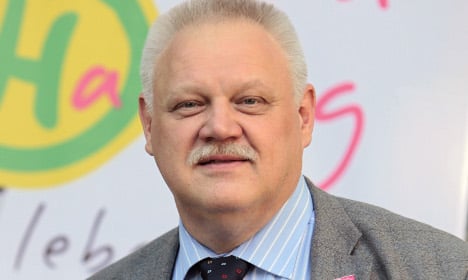Georg Hupfauer, former head of the 120,000-member strong Katholischer Arbeiter-Bewegung (KAB), quit on Wednesday following press reports he was suspected of possessing child porn.
"I'm stepping down from my position to avoid further damage to the KAB," Hupfauer, who is married with two grown-up children, told Bild newspaper.
The paper said state prosecutors in Aachen, North-Rhine Westphalia, had been investigating Hupfauer since he first came to their attention in March 2013.
Police searched his home in Alsdorf, near Aachen, and confiscated various data storage devices including computer hard drives and USB sticks.
This evidence is still being analysed, a spokesman for the state prosecutor said.
READ MORE news from the Rhineland here
Hupfauer did not inform his colleagues on the KAB board of the investigation, leaving them to find out from press reports.
The KAB, a 165-year-old workers' organisation, which lobbies in Germany and abroad for social justice from a Catholic perspective, said it was reeling from shock and would now be fighting to save its reputation.
"The leadership of the KAB was dismayed and bewildered to learn of the accusations today from the press," the group said in a statement on its website on Wednesday.
"We immediately accepted the resignation offered by Georg Hupfauer today and respect his personal decision," said Regina-Dolores Stieler-Hinz, a member of the KAB board.
"We now have to concentrate on the task at hand to stave off damage to the KAB," she added.




 Please whitelist us to continue reading.
Please whitelist us to continue reading.